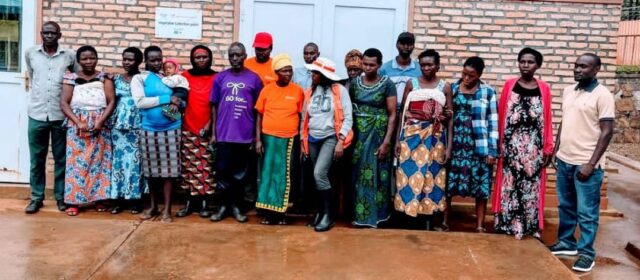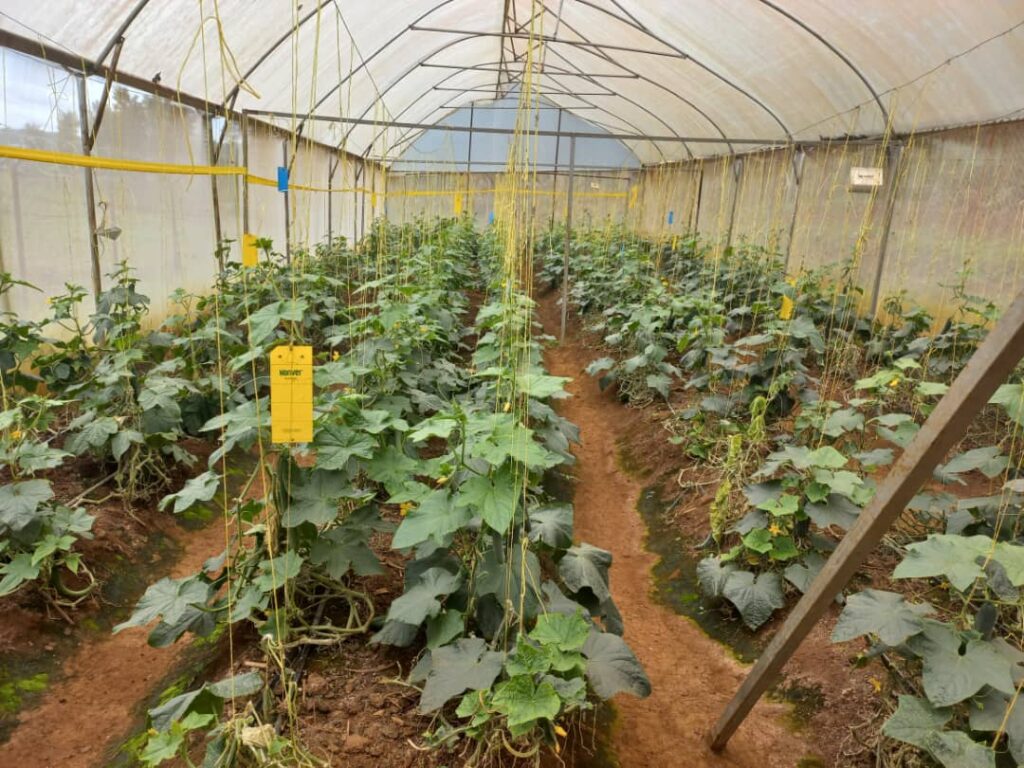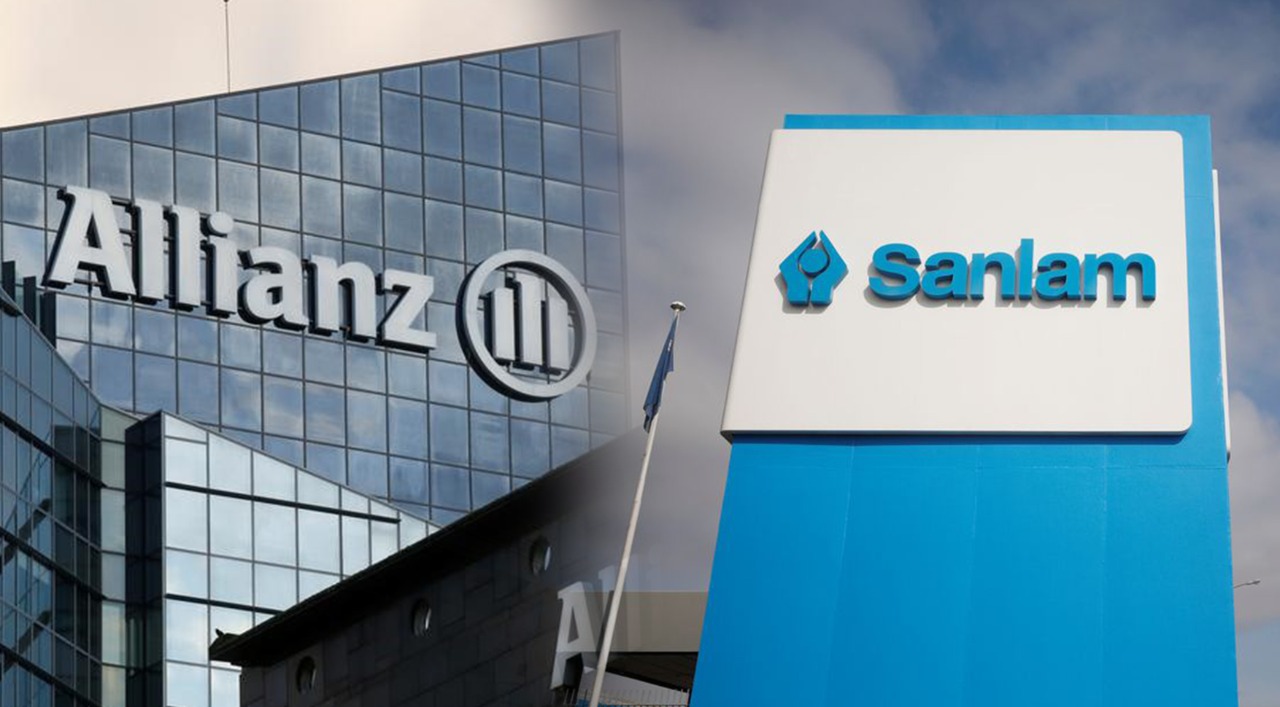
In recent years, Gahengeri sector in Rwamagana District has become a focal point for agricultural innovation and empowerment, particularly among vulnerable women.
The vulnerable female farmers have not only received agricultural training but also benefited from ICT education and awareness-raising programs aimed at promoting economic independence. The activities which were launched in 2023 are supported by a KOICA project in partnership with Merry Year International (MYI), a Korean non-profit organization.
As a result of this KOICA-funded initiative, the COPALEG (Cooperative des Producteurs de Légumes) has shown remarkable growth each year and now plays a vital role in Rwamagana district’s agricultural sector.
COPALEG is mainly made up of vulnerable women that have been equipped with essential materials and skills to boost vegetable production aimed at enhancing food security and increasing income levels of vulnerable female farmers.
Rugwizangoga Cleophas, the president of COPALEG, remarked, “Before I joined the project, I struggled to grow enough food for my family. But today, I produce more than I ever imagined, thanks to modern farming methods like crop rotation, use of agricultural inputs, and pest management introduced by Merry Year International and KOICA.”
Furthermore, the women’s confidence has been bolstered as the organization grants them opportunities to take up leadership positions within the cooperative.
According to Godfrey, the Program Coordinator of MYI, the organization is currently supporting over 120 women with essential farming skills through modern agricultural training and by supplying equipment such as seeds, fertilizers, machinery, and farming boots, among others.
“Additionally, MYI-KOICA constructed modern facilities—cold rooms and storage houses—to ensure proper storage and preservation of the farmers’ harvests, not to mention the establishment of greenhouses to further boost agricultural innovation,” says Godfrey.

The Government of Rwanda allocated each farmer a total of five acres of land—three acres of marshland and two acres of hill land for cultivating a variety of vegetables such as tomatoes, paprika, cucumbers, chili peppers, mushrooms, and other nutritious produce.
“In addition, MYI-KOICA established demonstration farms—used both to test the productivity of seeds and to equip women with advanced farming techniques and knowledge for managing agricultural activities effectively,” Godfrey explains.
Christine Niyondera, an agronomist with MYI, stressed that this comprehensive approach has not only improved the quality of farming but also empowered the women to take charge of their livelihoods.
“The farmers, once burdened by economic challenges, now enjoy improved livelihoods and a sense of financial independence. We harvest every three months, and our produce has a ready market with companies such as Proxifresh Rwanda, Pride Farms, and Triple S,” she noted.
This transformative initiative is part of KOICA’s broader commitment to sustainable development and gender equality in Rwanda. By fostering inclusive agricultural growth and empowering women with tools, education, and leadership opportunities, KOICA’s partnership with MYI is creating lasting impacts that extend beyond farming—building stronger communities, enhancing food systems, and laying the foundation for long-term economic resilience.
Through this project, KOICA continues to demonstrate the value of international cooperation in advancing the livelihoods of vulnerable populations and promoting self-reliance among women farmers in rural areas.










